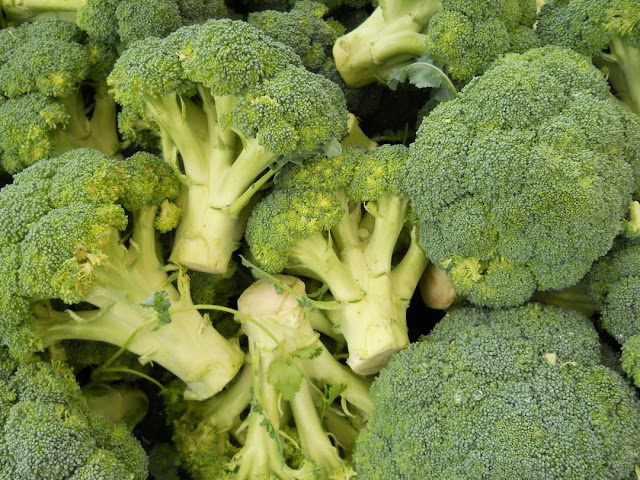Plant-Based Diets: The Benefits and Challenges of Going Vegan or Vegetarian
Plant-based diets have gained popularity in recent years, with many people choosing to adopt a vegan or vegetarian lifestyle. While these diets have been shown to offer numerous health benefits, there are also challenges that come with cutting out animal products entirely.
The Benefits of Plant-Based Diets
Plant-based diets are associated with a number of health benefits, including:
1. Reduced Risk of Chronic Diseases
Studies have shown that people who follow a plant-based diet have a lower risk of developing chronic diseases such as heart disease, diabetes, and cancer. This is thought to be due to the high fiber and nutrient content of plant-based foods.
2. Weight Loss
Plant-based diets are often lower in calories and higher in fiber than diets that include animal products. This can lead to weight loss and improved body composition.
3. Improved Digestion
The high fiber content of plant-based diets can also improve digestion and prevent constipation.
4. Reduced Environmental Impact
Plant-based diets have a lower environmental impact than diets that include animal products. Animal agriculture is a major contributor to greenhouse gas emissions and deforestation, and plant-based diets require less land, water, and other resources to produce.
The Challenges of Plant-Based Diets
While there are many benefits to plant-based diets, there are also challenges to consider:
1. Nutrient Deficiencies
Cutting out animal products entirely can make it challenging to get certain nutrients such as vitamin B12, iron, and zinc. It is important to ensure that you are getting these nutrients from plant-based sources or supplements.
2. Social Challenges
Plant-based diets can be challenging in social situations, such as eating out or attending gatherings where animal products are a main part of the meal. This can lead to feelings of isolation or discomfort.
3. Availability of Plant-Based Options
Plant-based options may not always be readily available in certain areas or at certain times. This can make it challenging to stick to a plant-based diet.
4. Cost
Plant-based diets can be more expensive than diets that include animal products, especially if you are purchasing specialty plant-based products such as meat alternatives.
Conclusion
Plant-based diets can offer numerous health benefits, but also come with challenges that should be considered before making the switch. It is important to ensure that you are getting all the necessary nutrients from plant-based sources, and to be prepared for social and availability challenges.
Overall, plant-based diets can be a healthy and sustainable choice for many people, but it is important to approach the lifestyle change with realistic expectations and a well-informed plan.
External Links
- NCBI - Plant-Based Diets: Considerations for Environmental Impact, Protein Quality, and Exercise Performance
- Harvard Health - What is a Plant-Based Diet and Why Should You Try It?
- Physicians Committee for Responsible Medicine
- Academy of Nutrition and Dietetics
- Choose MyPlate
- Forks Over Knives
Challenges of a Plant-Based Diet
While there are many benefits to adopting a plant-based diet, there are also some challenges to consider. Here are a few:
- Difficulty getting enough protein: Plant-based sources of protein can be harder to come by and may require more planning to ensure you are meeting your protein needs. Some good sources of plant-based protein include beans, lentils, tofu, tempeh, and quinoa.
- Possible nutrient deficiencies: Some nutrients, such as vitamin B12 and iron, may be harder to obtain on a plant-based diet. However, with proper planning and supplementation, it is possible to get all the nutrients you need on a vegan or vegetarian diet.
- Social challenges: Eating out with friends or attending social events can be more difficult when following a plant-based diet, as many restaurants and events may not offer vegan or vegetarian options.
- Potential for high processed food intake: While a plant-based diet can be very healthy, it is still possible to consume a lot of processed and unhealthy foods, such as vegan junk food and processed meat substitutes. It is important to focus on whole, nutrient-dense foods as much as possible.
- More meal planning: Following a plant-based diet may require more meal planning and preparation, as many convenience foods may not be vegan or vegetarian.
Conclusion
Overall, a plant-based diet can offer many benefits for both your health and the environment. While there are some challenges to consider, with proper planning and education, it is possible to follow a vegan or vegetarian diet and meet all your nutrient needs.
